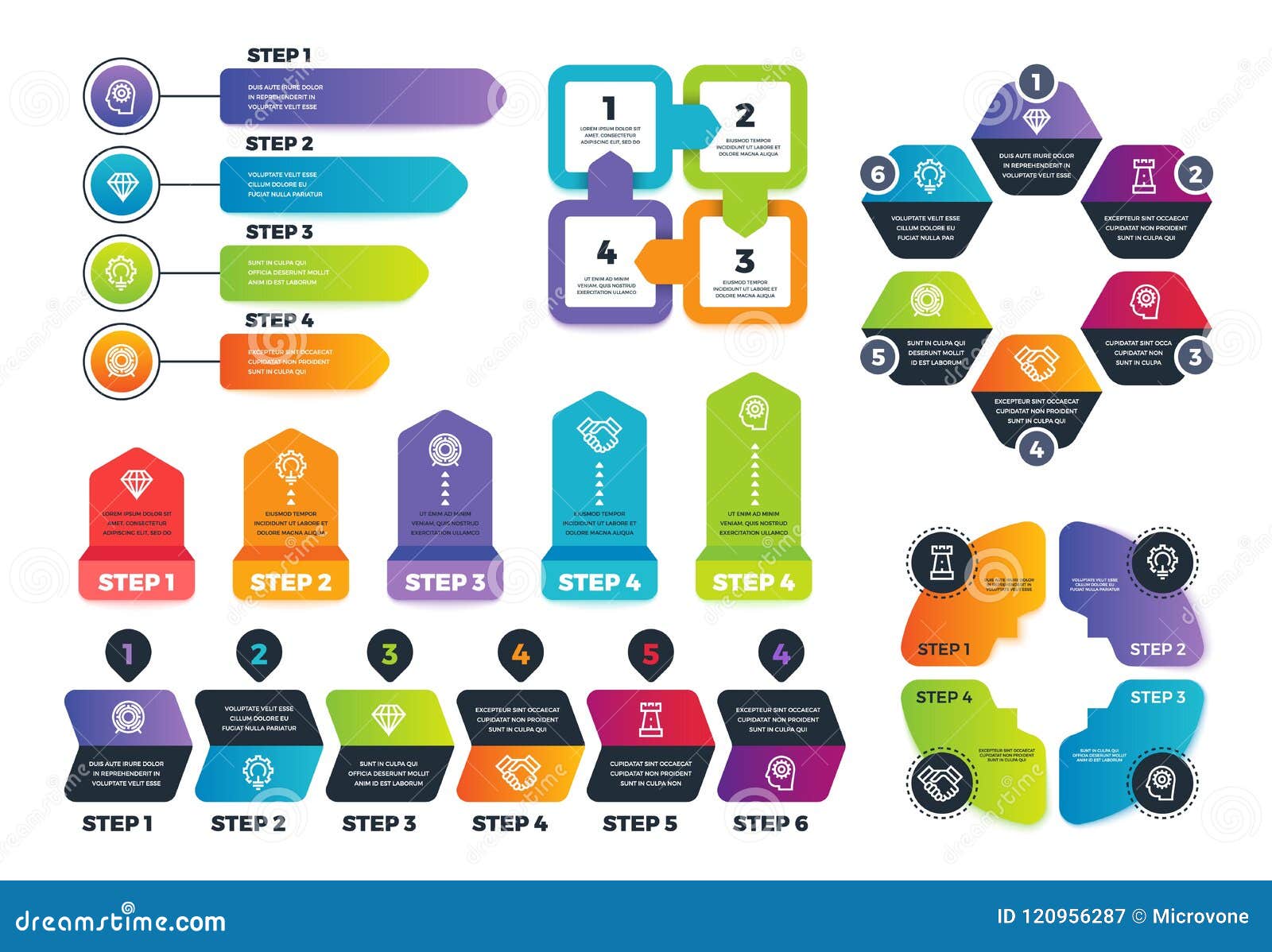Payment Bonds Clarified: Safeguarding Your Interests In The Building And Construction Sector
Payment Bonds Clarified: Safeguarding Your Interests In The Building And Construction Sector
Blog Article
Write- link webpage Produced By-Boykin Rice
In the building and construction industry, understanding payment bonds is critical for protecting your monetary rate of interests. These bonds serve as a safety net, ensuring that specialists accomplish their payment commitments to subcontractors and distributors. However exactly how specifically do they function, and what benefits do they offer? Understanding the ins and outs of payment bonds can make a substantial distinction in your project's success and monetary safety and security. Allow's explore what insurance and bonds need to understand.
Understanding payment Bonds: What They Are and Just how They Work
When you dive into the world of building jobs, you'll frequently run into payment bonds. These monetary tools serve as guarantees that professionals will pay their subcontractors and suppliers for labor and materials.
Basically, a repayment bond safeguards these celebrations if the specialist defaults on payments. It's a three-party arrangement including the project owner, the service provider, and the surety firm that releases the bond.
You'll discover payment bonds particularly typical in public field projects, where they're often mandated by regulation. If the contractor falls short to pay, the surety company steps in to cover the costs, ensuring that all events get their due compensation.
Recognizing payment bonds is vital for browsing the complexities of construction funding and protecting your financial investments.
The Benefits of payment Bonds for Contractors and Subcontractors
While payment bonds could feel like simply one more demand in the construction sector, they use significant advantages to both professionals and subcontractors.
First, they ensure that you'll make money for the work you complete, shielding your cash flow and financial security. This reliability helps you concentrate on supplying high quality job rather than stressing over payment hold-ups.
In addition, payment bonds can improve your track record, as clients frequently see bonded service providers as even more trustworthy and specialist. https://riverkgatn.blog5star.com/34845457/browsing-the-globe-of-license-and-permit-bonds-necessary-insights-for-entrepreneurs offer a layer of safety, giving you option if a task proprietor stops working to accomplish their payment commitments.
Eventually, having a settlement bond in position safeguards your rate of interests and fosters smoother job execution in a commonly unpredictable atmosphere.
Key Considerations When Picking payment Bonds for Your Project
Selecting the ideal payment bond for your job can feel frustrating, yet a few key considerations can simplify the procedure.
First, assess the bond amount; it needs to cover your job's complete price to ensure ample protection.
Next, consider the bond provider's online reputation. A trustworthy surety firm can make a considerable distinction in your task's success.
Check the bond's certain terms and conditions, as these can differ commonly and affect your rights.
Furthermore, think about 10000 surety bond and complexity, which may affect the sort of bond called for.
Lastly, talk to a building lawyer or bond professional to clarify any type of unpredictabilities.
Conclusion
To conclude, payment bonds are crucial for protecting your rate of interests in the construction sector. They make certain that specialists, subcontractors, and distributors earn money, promoting trust and smoother task implementation. By recognizing how these bonds job and their benefits, you can make informed decisions when picking the right payment bonds for your projects. Do not overlook their value-- investing in payment bonds can protect your monetary rate of interests and add to an effective building and construction experience.
